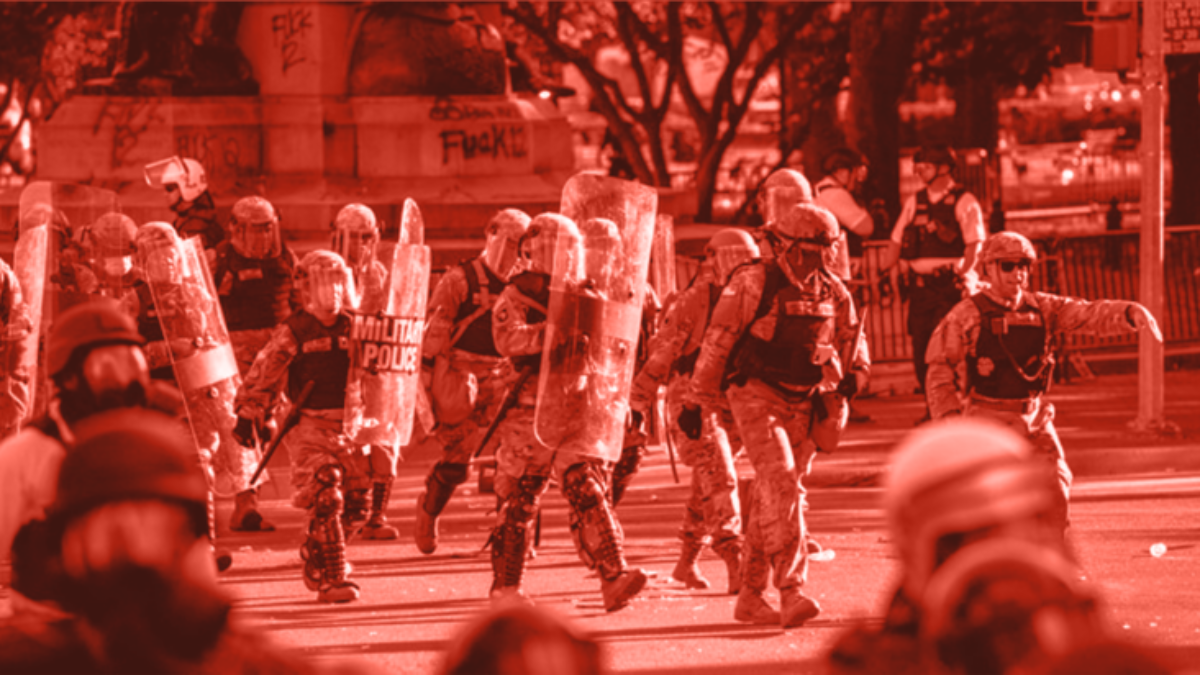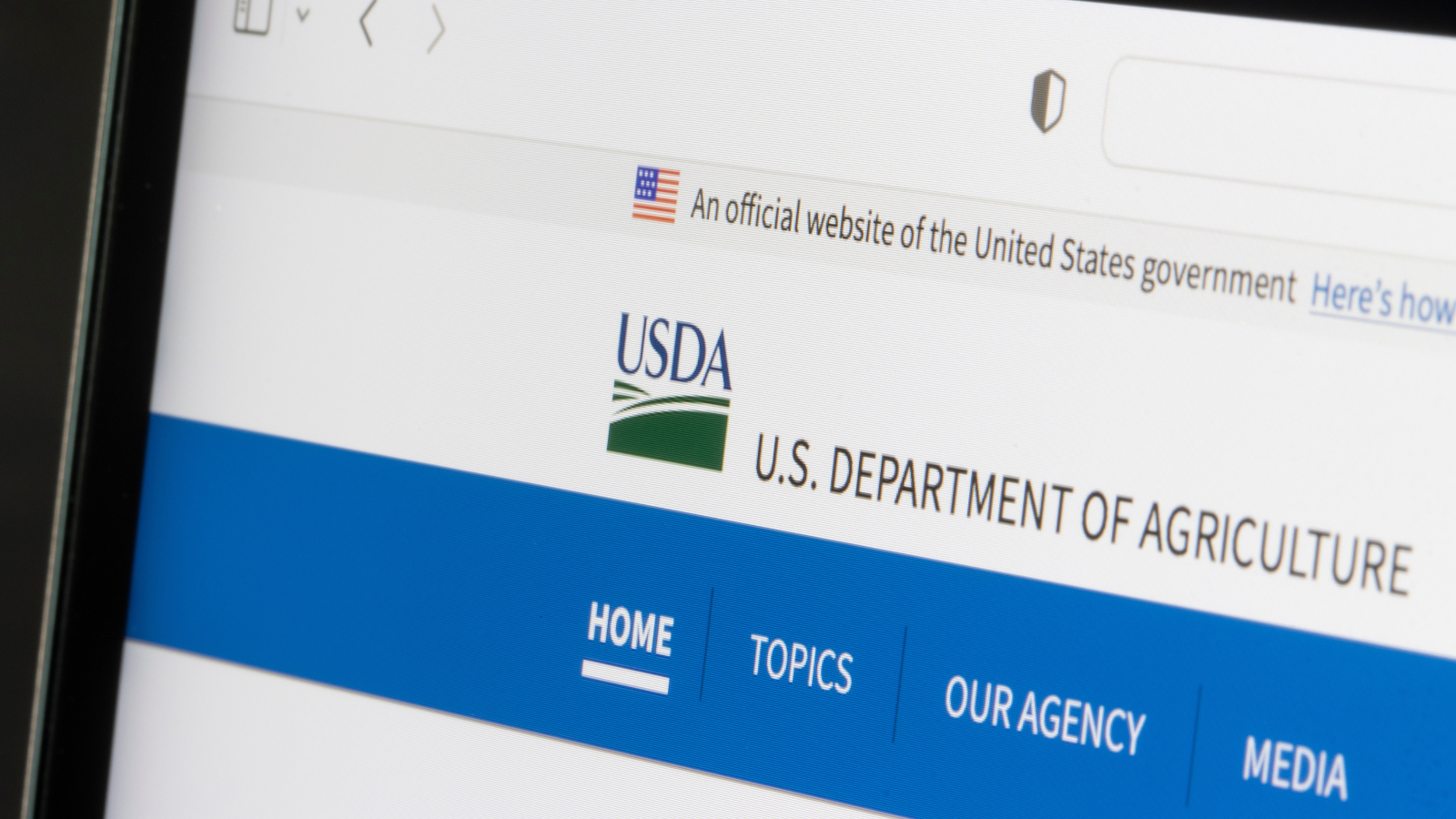Elizabeth (Liza) Goitein is senior director of the Brennan Center for Justice’s Liberty & National Security Program. Goitein is a nationally-recognized expert on presidential emergency powers, government surveillance, and government secrecy.
Three Fixes to Prevent Another Battle of Lafayette Square
- June 1, 2021
A year after federal forces violently cleared the park near the White House, the legal loopholes that militarized D.C. remain wide open.

This piece was originally published in Defense One and can be found here.
One year ago, a mix of soldiers and federal law enforcement, wielding tear gas and shooting rubber bullets, cleared a crowd of people lawfully protesting police brutality after the murder of George Floyd from Washington, D.C.’s Lafayette Square. Then-President Donald Trump and Attorney General William Barr had orchestrated the operation so the president could pose for a photoshoot at St. John’s Episcopal Church. At the same time, thousands of Guardsmen from eleven states deployed into Washington at Trump’s invitation, over the objections of D.C. Mayor Muriel Bowser.
By directing the National Guard to police protests in D.C. and threatening to use the military around the country, Trump violated longstanding norms keeping our military above the political fray, including the bedrock democratic principle known as posse comitatus. Nearly 150 years ago, Congress enshrined that principle into law with the Posse Comitatus Act, which prohibits the use of federal military force for domestic policing except as specified by law. Yet Trump and Barr exploited loopholes in the Act to flood downtown D.C. with troops without any express congressional authorization…
Read the rest at Defense One here.
Related Content
It can happen here.
We can stop it.
Defeating authoritarianism is going to take all of us. Everyone and every institution has a role to play. Together, we can protect democracy.
Donate
Sign Up for Updates Sign Up for Updates
Explore Careers Explore Careers
How to Protect Democracy How to Protect Democracy

